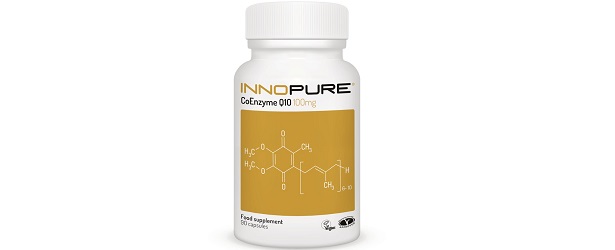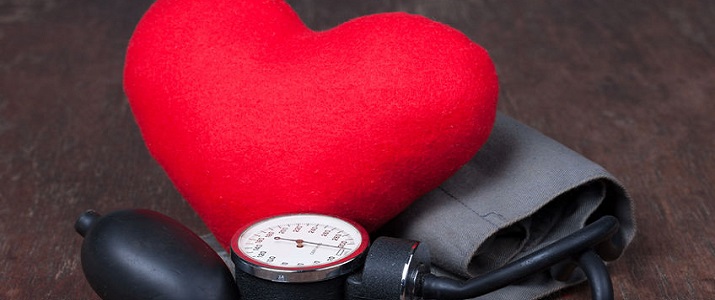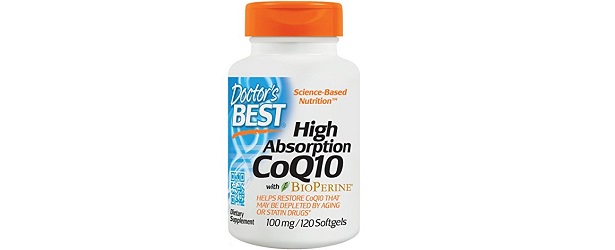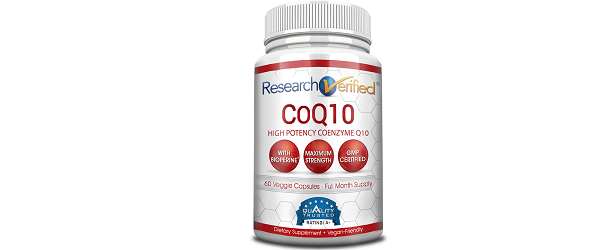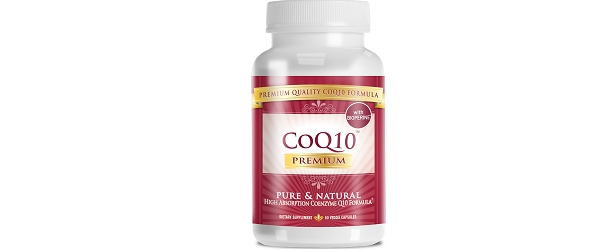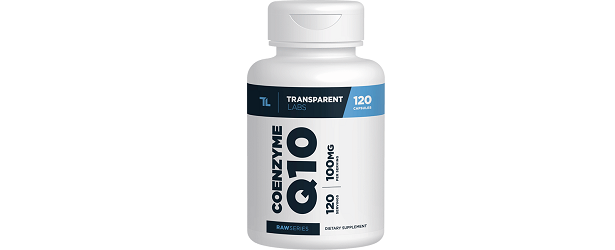
CoQ10 Supplements
CoQ10 is short for Coenzyme Q10 and it helps cells create energy. It also acts as an antioxidant that helps cells from aging. Many people today use CoQ10 to protect their heart and blood vessels from oxidative stress, which leads to cell damage. If you suffer from heart arrhythmia, high blood pressure, coronary artery disease, or congestive heart failure, a supplement of CoQ10 may assist you with eliminating the effects of oxidative stress. This supplement also can reduce swelling and alleviate muscle stiffness, which helps with someone who may have breast cancer or diabetes.
A Natural Fountain of Youth: CoQ10 Reduces Aging Effects
CoQ10 is created and stored in the body, unlike certain vitamins that are not naturally made, so they must be ingested instead. CoQ10 is used in the mitochondria, providing energy to cells and also balancing blood pressure levels. Once it combines with oxygen in the blood, CoQ10 becomes activated and turns into ubiquinone or ubiquinol.
There are five different benefits that CoQ10 provides to the body:
- Help cells create enough energy to maintain normal body functions
- Assist other enzymes with digestion
- Protect cell damage from oxidative stress
- Aid the blood with absorbing antioxidants and other important vitamins and nutrients
- Slow down or stop aging in cells
Eating Your Way to Healthy Heart and Brain Function
There are foods that naturally supply CoQ10 that are also high in Vitamin A and E, a great combination for heart health. Some of these foods are:
- grass-fed beef
- oily fish
- legumes
- broccoli
- cauliflower
- oranges
- strawberries
- free-range eggs
When Should You Add CoQ10 to Your Diet?
People with heart problems should be taking CoQ10. Some common ailments include:
- high cholesterol
- atherosclerosis
- angina
- mitral valve prolapse
Although the body naturally produces CoQ10, the older you get the less CoQ10 your body makes, which increases the aging of your cells. Patients who have heart disease or high blood pressure are prescribed something called “statins,” which help lower blood pressure but also decrease the amount of CoQ10 in the body. Along the same lines, people diagnosed with cancer, diabetes and congestive heart failure have low levels of CoQ10. Taking CoQ10 has been linked to preventing statin side effects and repairing cell damage.
Buying CoQ10 Supplements
You should consult a doctor if you are thinking of taking this supplement. The dosage can range from just 30 mg to 1,000 mg a day. The most common dosage is at least 200 mg per pill.
To ensure you have a quality product, check online reviews to see if the specific brand has helped others. Pills with certification and few preservatives are the way to go.
Be aware that any supplement can cause other unwanted side effects. Some common side effects are nausea, upset stomach, insomnia, headache and dizziness. If you are taking statins, make sure your doctor monitors any chance of CoQ10 reversing statins’ effects. If you have diabetes, CoQ10 may not be the right supplement for you.
TOP 5
COQ10Treatments |
|||||
| CoQ10 Pure | Nature Made CoQ10 | Piping Rock Absorbable CoQ10 | Source Naturals CoQ10 | Natural Factors Coenzyme Q10 | |
|---|---|---|---|---|---|
| 1 | 2 | 3 | 4 | 5 | |
| Price (1 bottle) Price (6 bottles)best value |
$49.95 $139.70 |
$30.49 $182.94 |
$25.49 $139.77 |
$28.45 $170.70 |
$49.99 $299.94 |
| Overall Rating | 99.50% | 90.20% | 89% | 87.89% | 87% |
| Effectiveness |





|





|





|





|





|
| Speed of Results | Extremely Fast | Good | Average | Slow | Slow |
| Quality of Ingredients | Premium | Good | Good | Average | Average |
| Customer Satisfaction Evaluation | 99.40% | 92% | 89.78% | 88.23% | 87% |
| Safety Evaluation | Safe for Use | Safe for Use | Safe for Use | Safe for Use | Safe for Use |
| Customer Service Rating |





|





|





|





|





|
| Reorder Rate | Highest | Good | Good | Average | Average |
| Return Policy | Risk Free | Risk Free | Risk Free | No | No |
| Success Rate | 99.40% | 78% | 78.50% | 74.20% | 60% |

 Subscribe Now
Subscribe Now




